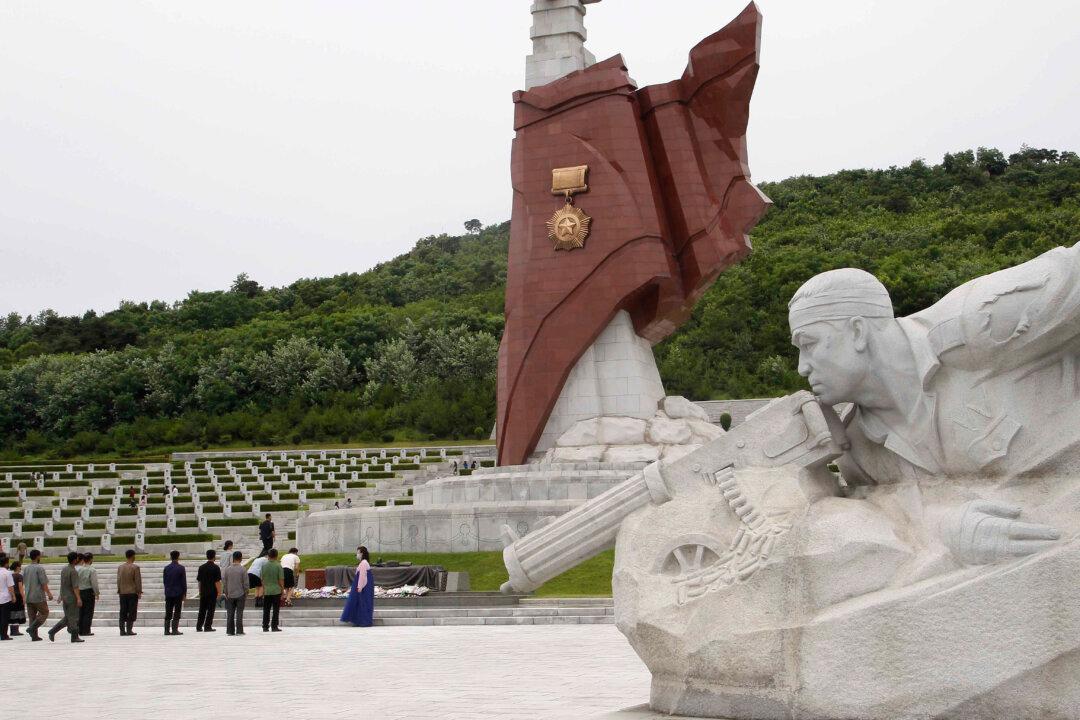North Korea has invited Chinese and Russian delegates to join in celebrating the 70th anniversary of the Korean War armistice, the North’s first official foreign guests since the COVID-19 outbreak in 2020.
The Chinese delegation will be led by Li Hongzhong, a member of the Chinese Communist Party’s (CCP) central policymaking committee, the state-run Korean Central News Agency (KCNA) reported.





